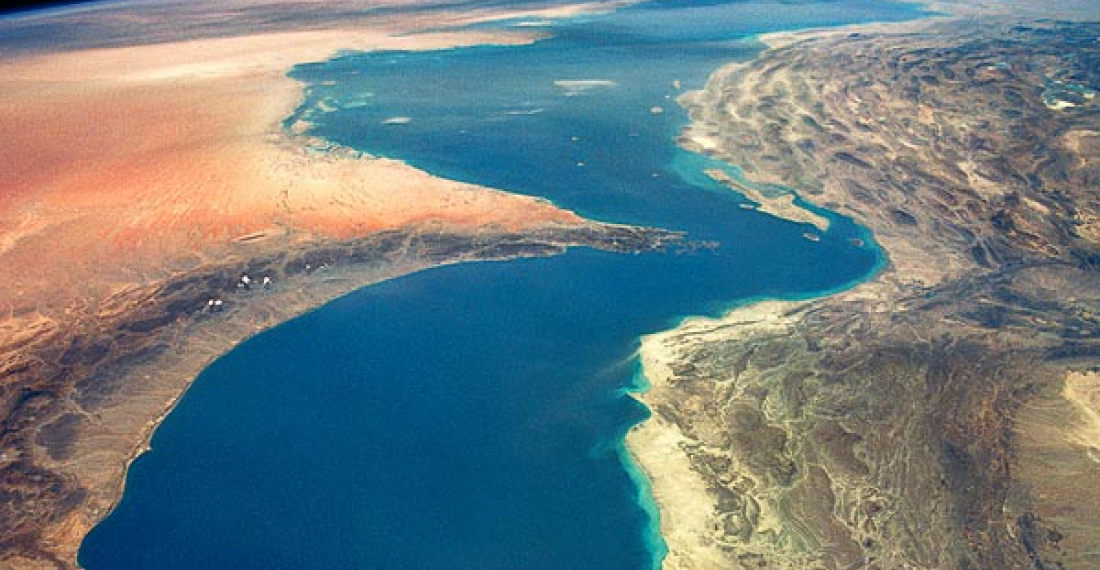On Sunday (22 June), the Iranian parliament voted in favour of closing the Strait of Hormuz, an important sea passageway between Iran and Oman through which a significant proportion of the world's oil passes. Various media outlets, including the Al Arabiya television station and the Israeli newspaper Jerusalem Post, reported this. Iran has previously threatened to close the Strait in the event of a conflict with the US.
However, the vote does not mean that Tehran will proceed with the closure. Ultimately, the decision lies with the country's highest leader, Ayatollah Ali Khamenei, and the Supreme National Security Council. A closure could lead to a sharp rise in oil prices. There is also a risk of clashes with the US Navy, which is operating in the area with the aircraft carrier USS Carl Vinson. Two more aircraft carriers are en route to the region.
‘Parliament has concluded that the Strait of Hormuz must be closed, but the final decision rests with the Supreme National Security Council,’ said MP Ismail Kowsari, who is a member of the National Security Committee. Kowsari is also a commander of the Revolutionary Guard, which has threatened to close the strait for years.
Around 20% of traded oil and gas is estimated to be transported through the Strait of Hormuz by tankers. This includes millions of barrels of oil from Saudi Arabia, Kuwait, Iraq, the United Arab Emirates, and Iran.






